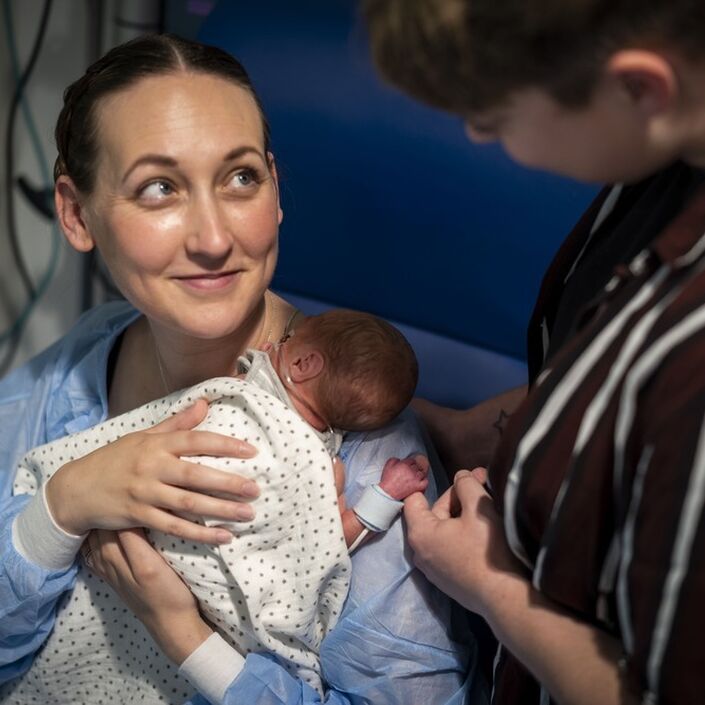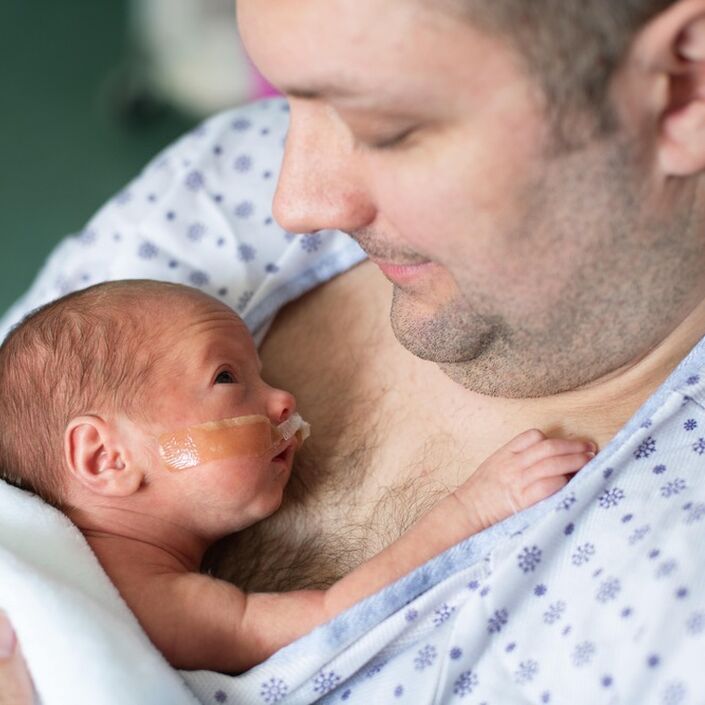We know how overwhelming it can be when you arrive on a neonatal unit with your baby. Parents often tell us it can be difficult to process all the information you are given.
When you feel like you are ready, the pages in our ‘About neonatal care’ section are here to help. They will walk you through all the key things you might like to know about neonatal care and what this means for you and your baby.
For now, you might like some brief answers to some of the questions you may have about neonatal care, or for when you first arrive on a neonatal unit.
What is neonatal care and why does my baby need it?
Neonatal care is the type of care a baby receives in a neonatal unit. Units are a part of hospitals which provide care for babies who are born:
- prematurely (before 37 weeks’ gestation)
- with a medical condition which needs treatment, or at a low birthweight
- if they develop an illness after birth.
For more information about what neonatal care is and why your baby might need care, visit our page - What is neonatal care?
What are the different types of neonatal unit, and what do they mean?
There are three main types of neonatal unit:
- Special care baby unit (SCBU or SCU) – Level 1: This is for babies who do not need intensive care and often born after 32 weeks' gestation.
- Local neonatal unit (LNU) – Level 2: This is for babies who need a higher level of medical support and often born between 27-32 weeks' gestation.
- Neonatal intensive care unit (NICU) – Level 3: This is for babies with the highest need for support lasting more than 48 hours and often born before 28 weeks' gestation.
Your baby may need to be moved to a different unit and hospital. This is called a ‘transfer’. This can be for a number of reasons, but usually involves them needing some sort of specialist care. Transfers are quite common, and your baby will be cared for by a specialist team. At least one parent or carer will be able to travel with them.
For more information about how neonatal care works and the different levels of care, visit our page - What are the different levels of neonatal care?



